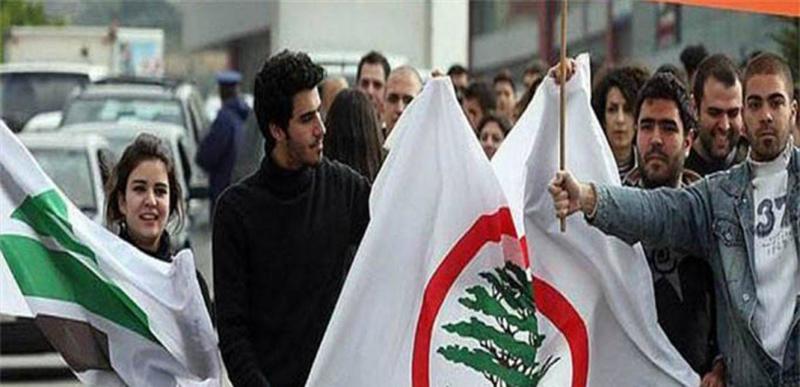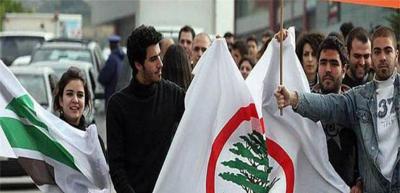The intersection regarding presidential elections between the "Lebanese Forces" party, led by Samir Geagea, and the "Kataeb" party, headed by MP Sami Gemayel, has contributed to mending the relationship between the two parties, which had been frozen since the political settlement that led to the election of General Michel Aoun as President of the Republic in 2016. While Geagea’s party embraced this settlement, Gemayel's party rejected it. Since then, the relationship has deteriorated, witnessing many direct and sharp exchanges between the leadership and party members, who have fought many political and field battles together since the civil war, when the two parties were originally one, known as the "Kataeb."
Since last summer, this relationship has been experiencing a restoration, with indications of the March 8 and March 14 alliances resurfacing in the approach to the presidential file. Since the beginning of September (the start of the constitutional period for electing a new president), opposition forces, including the "Lebanese Forces," "Kataeb," the "Progressive Socialist Party," and several independent MPs, have united behind a single presidential candidate, MP Michel Moawad, in contrast to the Hezbollah-led coalition, which presented a "blank paper" amid ongoing disputes over an appropriate candidate.
Notably, the engagement of the two leaderships in the presidential battle together has not been preceded by any reconciliation or even a meeting between Geagea and Gemayel. MP Melhem Riachi from the "Lebanese Forces," a member of the "Strong Republic" bloc, states that "there is no need for a Kataeb-Lebanese Forces reconciliation, as differing opinions are natural and legitimate, leading to competition in various areas." He pointed out in a statement to "Asharq Al-Awsat" the existence of a communication committee with a sustainable nature, consisting of MPs George Adwan from the "Forces" and Selim Sayegh from the "Kataeb."
Riachi confirms that "there are more than one file that we can meet on together," adding, "We are working to continue together in the presidential battle." For his part, MP Selim Sayegh from the "Kataeb" bloc, who is responsible for coordinating with "Maaraab," describes the current relationship with the "Forces" as one of "partnership in the battle to restore the state," asserting that "what unites the two sides today is not a temporary political process, but rather a relationship that takes on a constitutional dimension regarding Lebanon's identity, direction, and the role it should play."
Regarding the absence of a reconciliation meeting between the "Forces" and "Kataeb," and the lack of a meeting between Geagea and Gemayel thus far, Sayegh tells "Asharq Al-Awsat": "We are currently in a state of national emergency, and the imminent danger and scale of the disaster forced us to follow a fast track to arrange our papers and positioning." He adds, "Reconciliation is inevitable, especially since we have a unified vision for Lebanon's future and a shared approach to how to engage in politics leading up to the election of a president." There is no doubt that dialogue with the "Forces" will deepen more to arrange past issues and clarify all matters, which is done initially by promoting an atmosphere of trust and in a calm manner.
Sayegh emphasizes that "the significance of reaching an agreement with the 'Forces' and other parties on a single presidential candidate, Michel Moawad, lies in sending a message that we are capable of stabilizing the balances in the country and starting the process of restoring the state, which provides momentum for all Lebanon's friends not to abandon or forsake it. Because, ultimately, the goal is not just to elect a president, but to support their mission and ensure the achievement of the goals for which we elected them."
Those monitoring the relationship between the "Forces" and the "Kataeb" state that "advancing it is moving slowly, and today the focus is on coordinating the presidential file, considering that the current presidential elections may be the most important since the Taif Agreement. Either Lebanon will transform as a result of their outcomes into a state of chaos or a state of law." They indicate, "Despite this, there remain attempts and aspirations from both Geagea and Gemayel to lead the opposition, which threatens to return matters between them to square one at any moment, especially since the restoration of their relationship has not witnessed any reconciliation or candidness."




